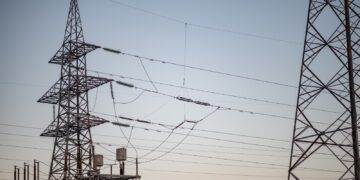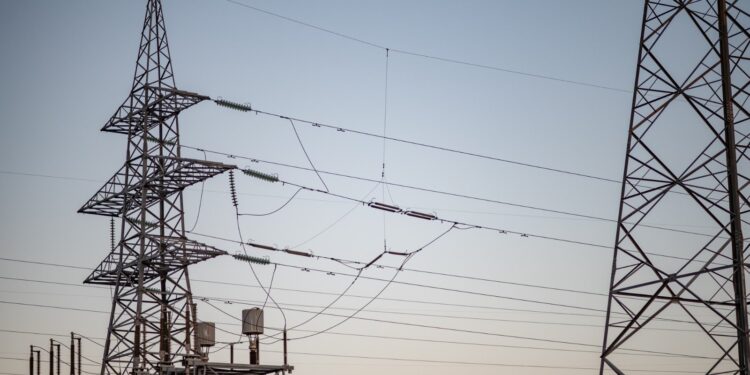In the event of cyberattacks or disruptions in the natural gas supply, the revised “Risk Preparedness Plan for the Electricity Sector of Greece” highlights the primary risks affecting consumer supply.
This plan, developed following recommendations from the Independent Power Transmission Operator (IPTO), was released for public consultation by the Waste, Energy and Water Regulatory Authority. It integrates a variety of new elements and scenarios designed to protect the country’s energy system from adverse events while assessing each associated risk.
Among the 15 crisis scenarios considered, two have been identified as “unacceptable risk scenarios”: a cyberattack targeting connected entities of the System/Network and a disruption in natural gas supply.
The draft outlines two types of “cyberattacks,” with the second type, labeled “Cyberattack A,” focused on the operation of the Energy Exchange and categorized more leniently as an “undesired risk scenario.”
Defense Mechanisms
The National Cybersecurity Strategy 2020-2025 is currently under preparation for updates. A Cybersecurity manual has also been created to provide public sector organizations, as well as medium and large private companies, with best practices for technical and organizational protection. Energy companies are required to adhere to these guidelines.
In cases of fossil fuel shortages, if existing distributed units and energy imports are insufficient to meet demand, IPTO will ensure readiness for all available power plants. Based on daily available reserves (lignite, natural gas, water), they will manage operations optimally to maintain system security.
Further, a mechanism will be activated to reduce consumption, especially during peak hours, alongside procedures established in bilateral agreements with neighboring states for halting energy exports and conducting emergency energy imports from neighboring operators with adequate capacities. Should these measures prove inadequate, rolling load reductions will be implemented in coordination with HEDNO.

















